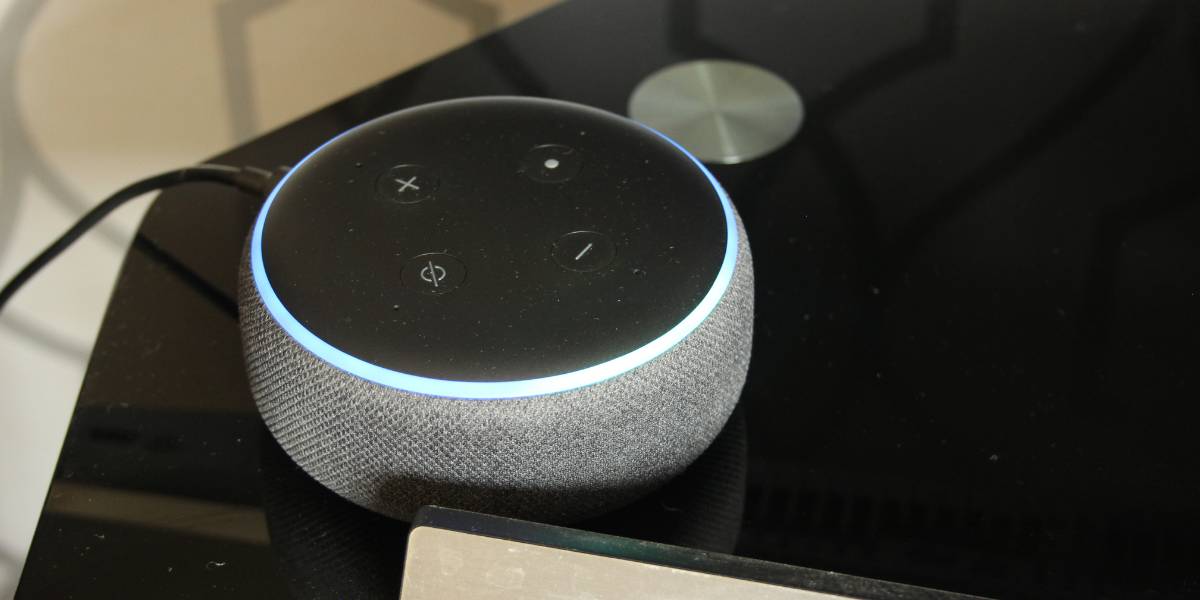Chatbots encourage people eat more fruit and vegetables, get more sleep and add to their daily steps, new research has shown.
Known as virtual assistants, chatbots demonstrate “tremendous opportunities” for encouraging a healthy lifestyle and supporting wellbeing, according to the team behind the research.
In the first review of its kind, researchers from the University of South Australia found that the use of chatbots led to:
- An extra 735 steps a day
- An extra serving of fruit and vegetables a day
- An additional 45 minutes of sleep a night.
Lead researcher Dr Ben Singh said: “When we think of chatbots, we often think of simple applications such as daily news notifications or Uber orders. But in recent years, this technology has advanced to the point where it can sometimes be hard to determine whether you are chatting to a machine, or a real person.
“For health, this capability presents tremendous opportunities for chatbots to promote effective interventions that support wellbeing and a healthy lifestyle.
“Their appeal lies in the way that they can generate immediate, appealing, and personalised responses, which prompt users to make better decisions about their everyday movement, eating habits and sleep.
“Interestingly, we found that text-based chatbots are more effective than speech or voice-based AI, which suggests that, at least for the time being, text-based communication is more conducive to achieving positive outcomes in health-related interventions.
“Our study found chatbots were effective across different age groups, dispelling the notion that they are useful only for younger, tech-savvy users.”
Senior researcher Professor Carol Maher added that a combination of chatbots and human coaching could be the most effective in helping people make healthier choices.
She said: “Chatbots offer personalised and interactive lifestyle support, that may be more engaging and meaningful to users than other tech-based lifestyle tools.
“They adapt to individual user’s needs, tailoring their advice based on the user’s responses, habits and preferences. The level of personalisation may lead to more effective motivation and advice.
“This field of research is young, and there is potential for chatbots to give inappropriate advice. For now, using chatbots to supplement human coaching, could be the best solution, offering the best of both worlds – retaining the unique value of a human coach, combined with round-the-clock support from a chatbot.
“While more research is needed, this study suggests that chatbots could help address certain modifiable factors in lifestyle diseases, such as obesity, alleviating pressure on our health system.”
The study has been published in npj Digital Medicine.





